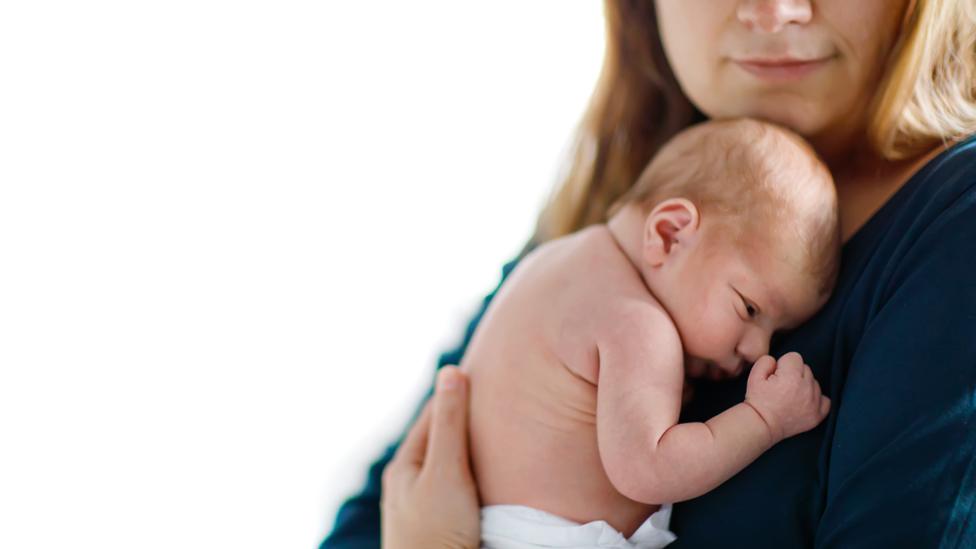Singleton Hospital's maternity unit put under increased monitoring
- Published

Problems during Gethin's birth means he has been left with quadriplegic cerebral palsy
Maternity services at a Welsh health board are to be placed under increased monitoring over concerns for the care given to mothers and babies.
Concerns were raised by families and politicians about Singleton Hospital's maternity and neonatal services.
Health Minister Eluned Morgan said the hospital will be placed under "enhanced monitoring".
But the health board has gone one step further and commissioned an independent review "to maintain public confidence".
It comes following criticism from some families about the care they received.
Gethin Channon's parents have been campaigning for improvements since their son's birth in 2019.
Problems during his birth left him with quadriplegic cerebral palsy, meaning he is unable to sit, roll, stand or walk, and he is also non-verbal and tube fed.
His mum, Sian Channon, said she was only made aware that poor decisions during labour were a contributory factor many months later, after a highly critical report from an experienced, independent investigator.
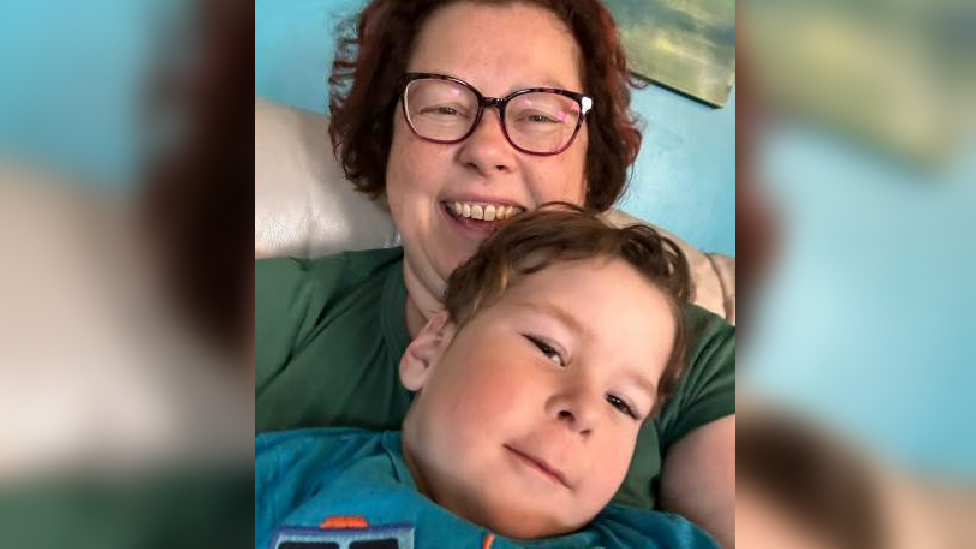
Mrs Channon feels there should be an inquiry and enhanced monitoring is not enough
She said she was concerned that she wasn't given options to make her own informed decisions.
"We were not aware of what was going on when Gethin was being born. Had we understood the terms that were being used, we ourselves would have said 'you need to do something different'."
The health board said the service, like others across the country, had been subject to sustained pressures meaning acceptable staffing levels were a significant contributory factor to current issues.
Since October it said a number of additional midwifery staff had been taken on, and plans are in place to reinstate the birthing centre at Neath Port Talbot Hospital, as well as the home birth service, both of which were suspended in 2021.
Dr Richard Evans, interim chief executive of the health board, said: "We're confident that our recent large-scale and successful recruitment activity has made a big difference to service users and our hard-working staff.
"That said, there's no doubt that recent scrutiny of and comment on the services in the public domain has affected confidence levels and that's a big concern for us and is something that has added to the pressures our teams have faced.
"That's why we've invited this experienced, independent review team to access all areas and without fear nor favour, establish the facts."
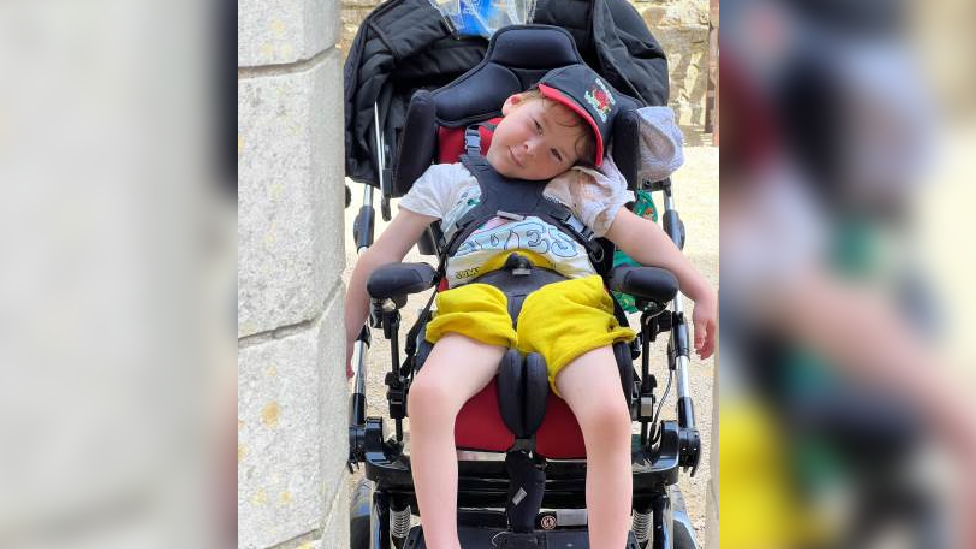
Gethin is unable to sit, roll, stand or walk, and he is also non-verbal and tube fed.
Mrs Channon said she felt action could have been taken sooner.
"We're talking to parents who have had children since Gethin was born who have been under the same care as Gethin was," she said.
"That is immensely upsetting because perhaps if we'd been listened to sooner, then some of those families would have been spared the same anguish - and that's not for lack of us trying to shout about this."
She said escalating measures gave them some reassurance, however, she felt concerns had been raised at a national level nearly two years ago "and nothing has been done".
She feels an independent review should also include the process of national oversight, which is currently done between Welsh government, Healthcare Inspectorate Wales and Audit Wales.
"We could put everything right at Singleton, and in five years time, if something goes wrong, the external processes will fail again," she said.
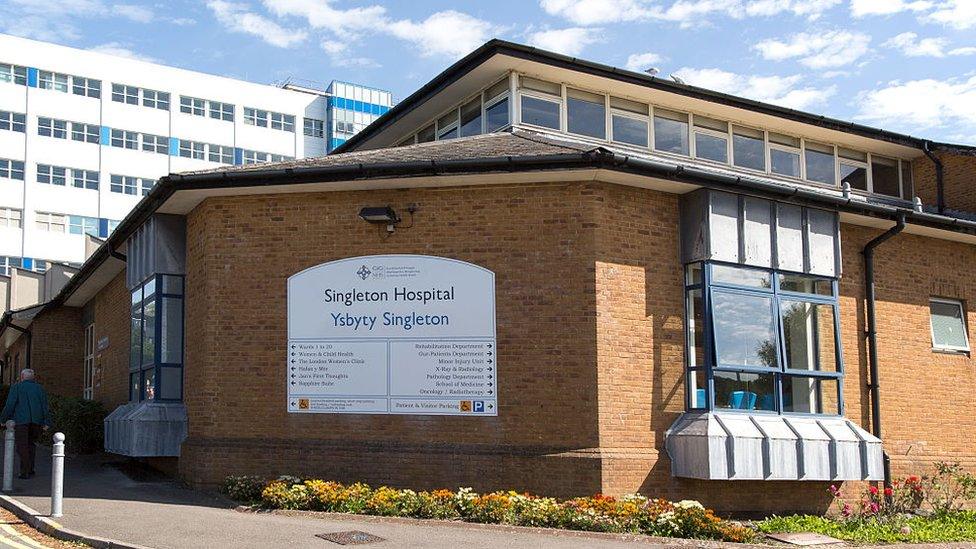
The health minister has placed Singleton hospital's maternity and neonatal services under "enhanced monitoring"

What is enhanced monitoring?
There are four layers of escalation that can be applied to either individual departments, or entire health boards, as we've seen with Betsi Cadwaladr.
Routine arrangements
Enhanced monitoring - the health board has to put effective processes in place to address issues of concern. Welsh government will co-ordinate activity, observe, challenge and review progress
Targeted intervention - when serious concerns have been identified, Welsh government, other NHS or external review bodies will work with the health board. Additional support such as mentoring might be included.
Special measures - in exceptional circumstances, where there are very serious concerns, ministers may intervene and remove powers from the health board as a last resort
Currently Cwm Taf Morgannwg is the only other health board which has maternity and neo-natal services in this same category, though the monitoring has been de-escalated in recent years. The department had been placed in special measures in 2019 following the deaths of a number of babies.

Around 3,500 babies are born in the Swansea Bay health board area every year, 95% of which are born at Singleton hospital.
It is one of 10 hospitals in Wales that has a consultant-led unit.
A report by Healthcare Inspectorate Wales of Swansea Bay's maternity services is due to be published on Friday.
Health Minister Eluned Morgan said the intervention would ensure the health board "has the comprehensive support it need to deliver the improvement plan".
Welsh Conservative Shadow Health Minister Russell George said: "This announcement is very long overdue.
"It is unfortunate that this escalation has only come after hard pressing questions from the Welsh Conservatives and the media off the back of tireless work by affected families, as opposed to the Labour health minister actually listening to the abundance of evidence on the ground in the Swansea Bay area."
Opposition politicians in the Senedd on Tuesday asked the health minister why action had not been taken sooner.
Ms Morgan said officials had been working with the health board over the last 12 months to provide support and challenge around emerging issues and existing concerns.
"This has not been off our agenda," she said.
"The thing that did raise alarm bells in particular is when we saw the MBRRACE data in May and that's when we thought we need to get a bit more involved here."
MBRRACE - or Mothers and Babies: Reducing Risk through Audit and Confidential Enquiries - look at the rates of stillbirths and neonatal deaths around the UK.
The 2021 report showed rising neonatal and perinatal mortality rates , externalin Swansea Bay.
The 2022 figures are expected to be made public later this month and the health board said it would also include preliminary internal figures for this year in its independent review., external
- Published20 November 2023

- Published16 November 2023
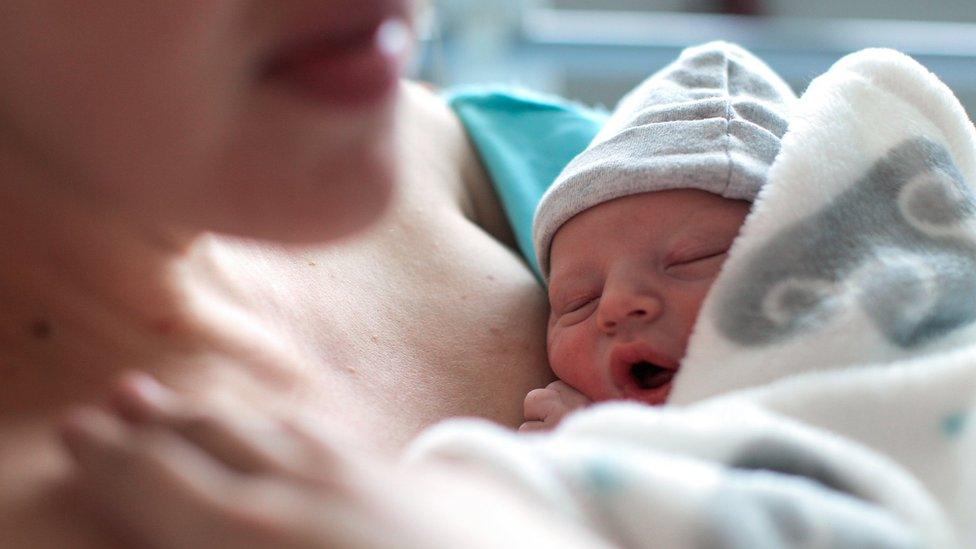
- Published27 February 2023
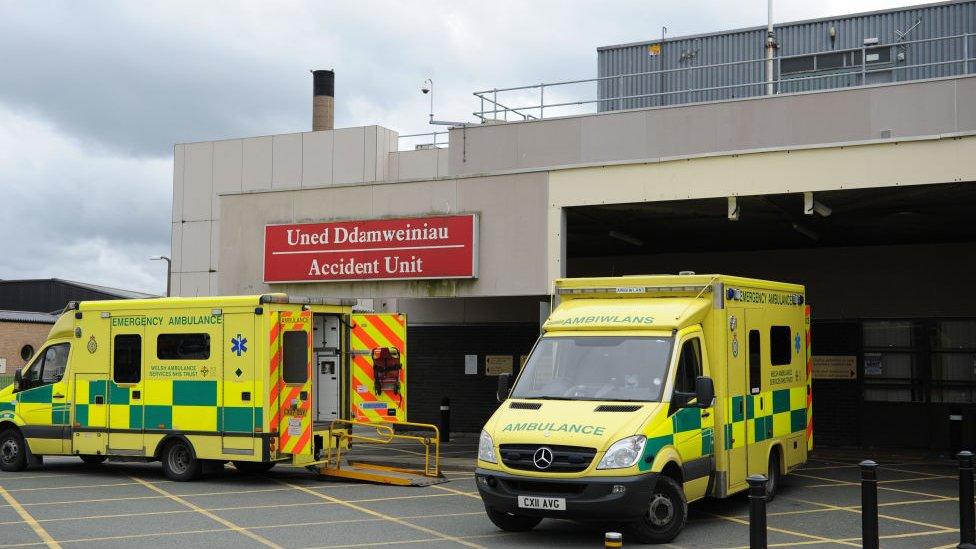
- Published30 April 2019
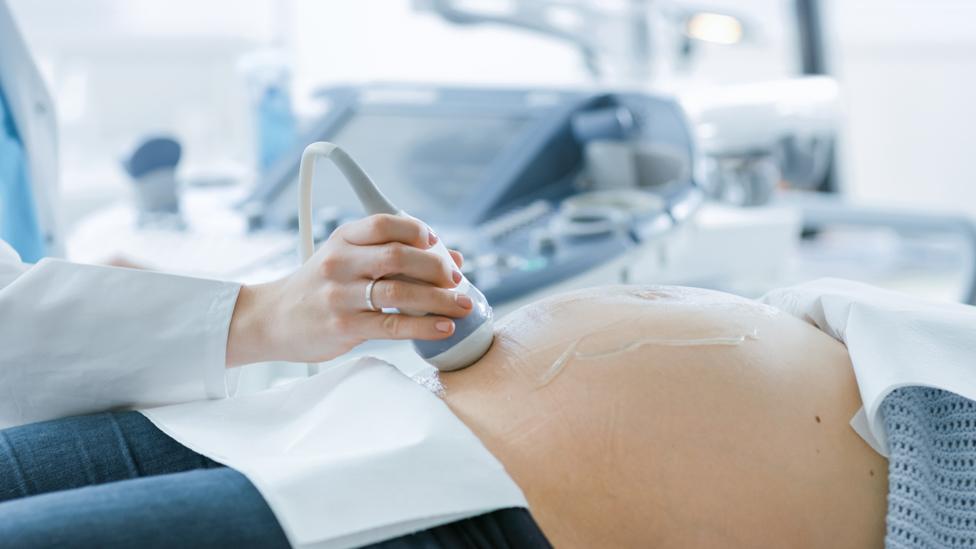
- Published19 November 2019
